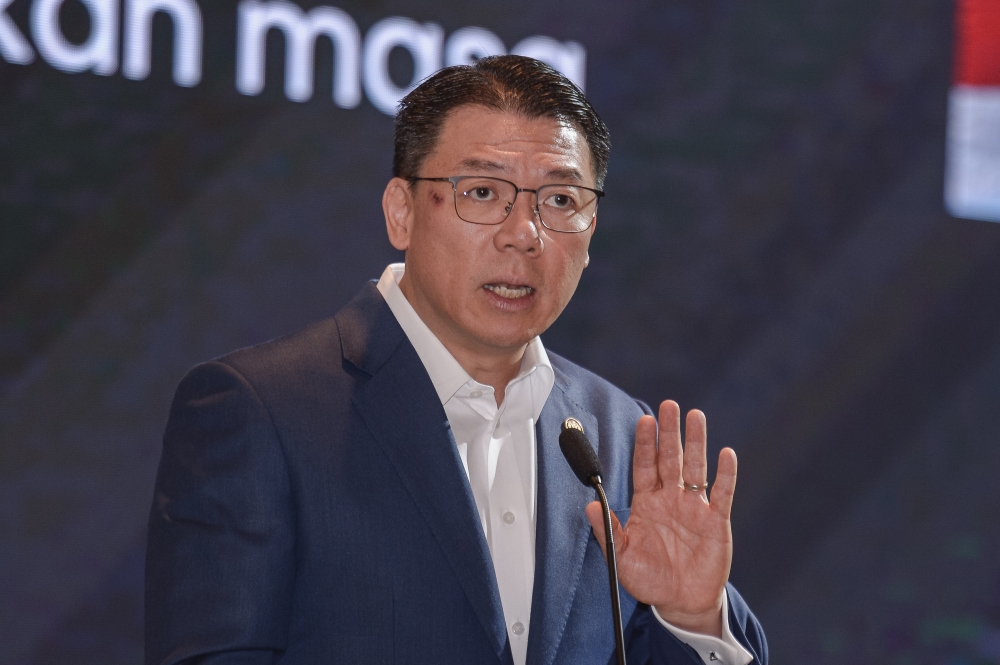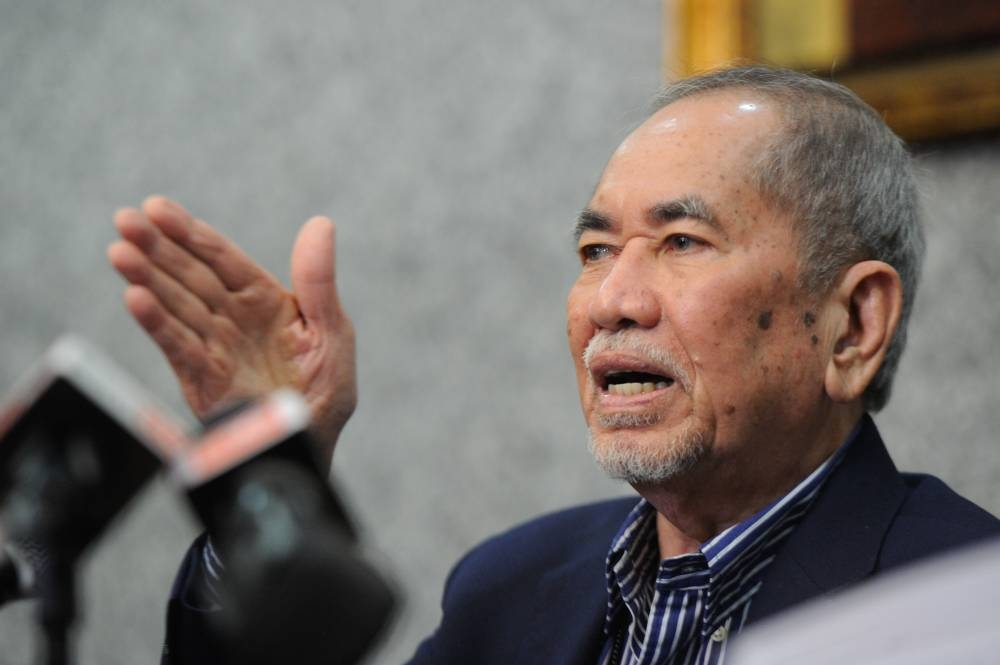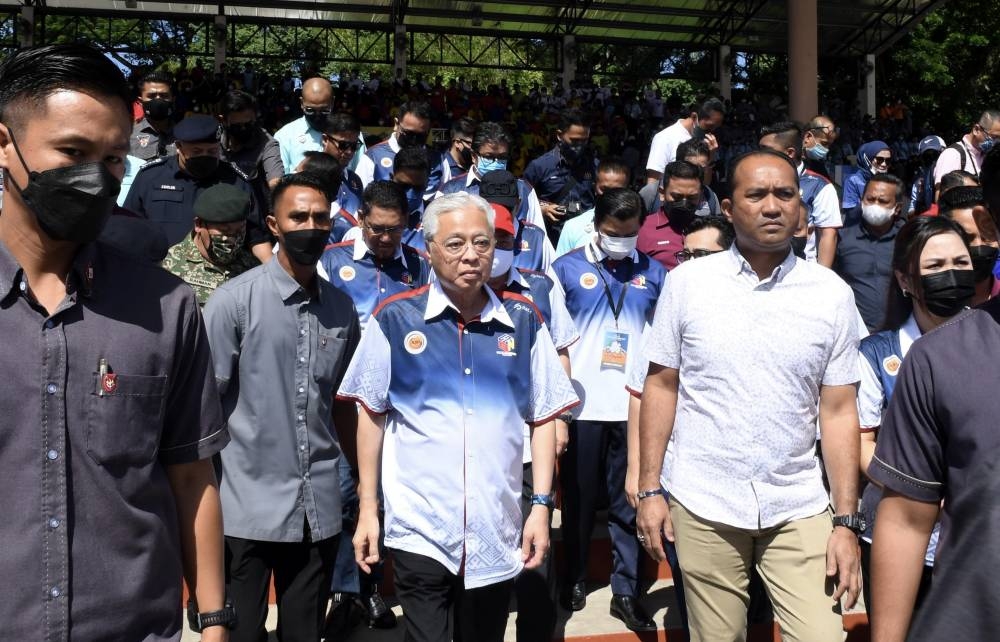KUALA LUMPUR, July 17 — The Malaysia Semiconductor Industry Association (MSIA) is fully supportive of the decision by the government to defer the condition that at least 80 per cent of companies’ workforce must be Malaysians.
This is in response to the news that the Malaysian Government will defer by two years the condition that Malaysians form at least 80 per cent of the workforce in manufacturing companies before they are allowed to employ foreign workers for the semiconductor and electronics and electrical (E&E) industry.
In a statement today, MSIA president Datuk Seri Wong Siew Hai said that E&E companies in Malaysia prefer to hire Malaysians rather than foreign workers, but there is an insufficient supply of suitable or industry- ready workers in Malaysia, despite the recent increase in minimum wage.
“The E&E industry is doing all it can to hire Malaysian workers by searching for them in the whole of Peninsular Malaysia as well as Sabah and Sarawak, including getting the help of agents.
“Currently, the E&E industry is encouraging SPM leavers to join its Academy in Factory programme, whereby they undergo on-the-job training for 18 months and then given a technician certificate after successfully completing the training,” he shared.
The association said the semiconductor and E&E industry is a key contributor to the Malaysian economy and is a key growth industry as it also received the most investment opportunities in 2021, with 94 approved projects worth RM148 billion which would create 28,362 job opportunities.
These investments by E&E companies in Malaysia signified that there is still a strong demand for semiconductors globally, with supply not meeting demand.
MSIA said, with companies expanding their existing factories and/or are building new factories to try to meet the demand for semiconductors, the critical challenge facing the industry is the shortage of workers.
A survey it undertook in November 2021 comprising 80 of its members concluded that the industry needs at least 30,000 workers immediately as E&E companies expand their factories or set up new ones.
MSIA also highlighted that the impact of the shortage is very severe on small and medium enterprises (SMEs) and Malaysian companies as they are also losing workers to multinational companies which offer higher pay, and as a result, these SMEs had to reject new orders. — Bernama






















